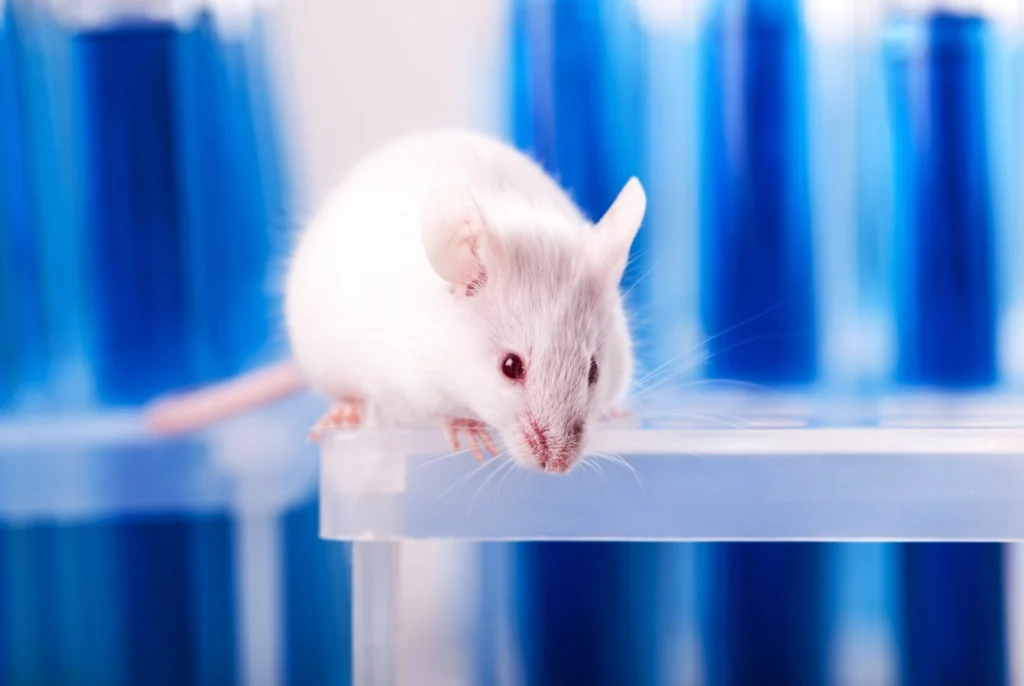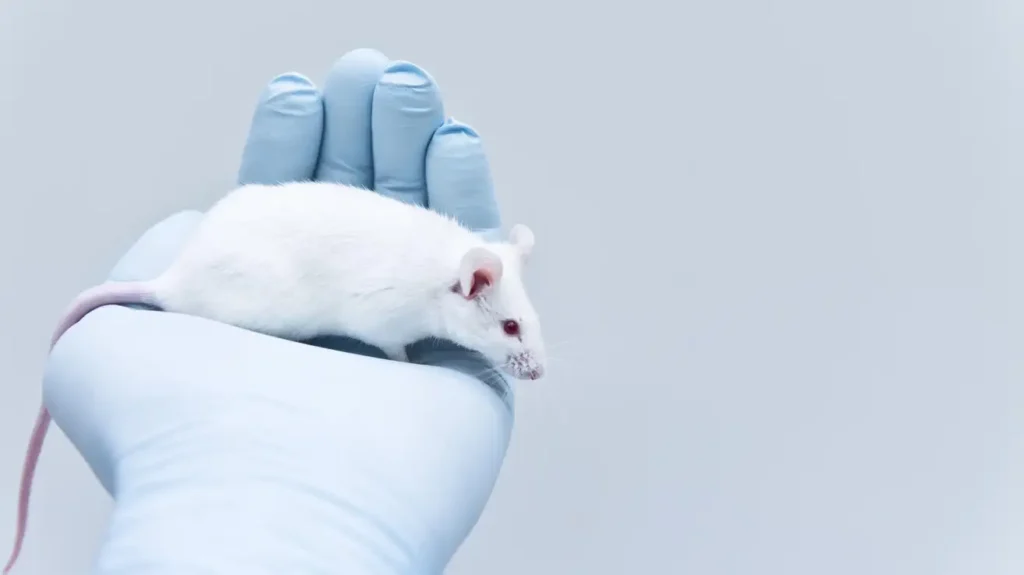Innovative Hydrogel Holds Promise for Glioblastoma Treatment.
In a monumental achievement, scientists at Johns Hopkins University have pioneered a hydrogel that has achieved a remarkable 100% cure rate in mice afflicted with glioblastoma, an aggressive form of brain cancer. This hydrogel is a fusion of an anticancer drug and an antibody, designed to self-assemble into a gel following its injection into the brain, particularly after the surgical removal of a tumor. This revolutionary gel holds the potential to address the dire need for effective treatments for one of the deadliest and most prevalent brain tumors in humans.

The innovative hydrogel developed by the researchers is a composite of an anticancer drug and an antibody called aCD47. When introduced into the brain after tumor surgery, it transforms into a gel-like substance. This gel has the unique ability to penetrate areas that surgery might overlook, ensuring it reaches lingering cancer cells and effectively curbs tumor growth. The results of this study are nothing short of remarkable and offer new hope to patients diagnosed with glioblastoma, a disease notorious for its aggressiveness and resistance to treatment.
Beyond merely combating cancer, the hydrogel appears to initiate a rewiring of the immune system, creating a defense against cancer recurrence through immunological memory. In experiments, the gel triggered an immune response that mice had difficulty activating independently when combating glioblastoma. Even more astonishingly, surviving mice who received the hydrogel treatment could effectively fend off new glioblastoma tumors without the need for additional medication when rechallenged.
The gel solution comprises nano-sized filaments created with paclitaxel, an FDA-approved drug for various cancers. These filaments act as a delivery vehicle for the aCD47 antibody. By evenly coating the tumor cavity, the gel dispenses medication consistently over several weeks, keeping its active components in proximity to the injection site.

Despite recent strides in medical technology, glioblastoma remains a formidable adversary. This groundbreaking hydrogel therapy could potentially revolutionize the treatment landscape for brain cancer, offering a beacon of hope for patients battling this aggressive disease. While it is important to emphasize that this research is still in its preliminary stages, its potential to supplement existing brain cancer treatments is substantial.
It is crucial to recognize that this article is intended solely for informational purposes and does not constitute an endorsement or promotion of any specific scientific research or medical practice. However, this groundbreaking discovery offers new avenues of exploration in the quest to combat one of the most challenging forms of cancer, providing renewed hope for patients and researchers alike.
Resources:
1.https://hub.jhu.edu/2023/04/24/mouse-brain-tumors-glioblastoma/